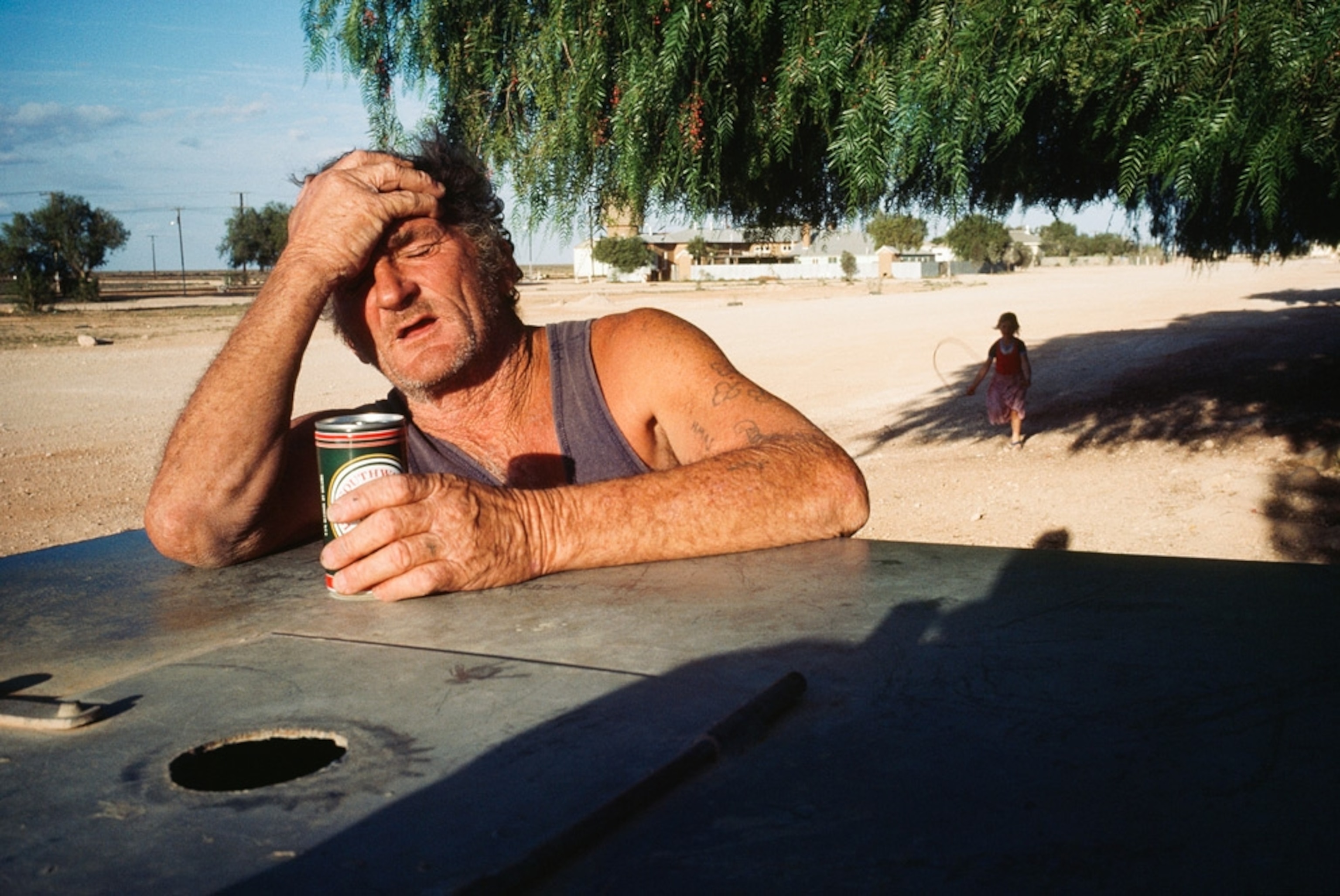
Global Warming Making People More Aggressive?
Forget anger over leaked emails: Murders and assaults could jump by a hundred thousand cases a year in a warmer world, a new study says.
Global warming could make the world a more violent place, because higher temperatures increase human aggression and create volatile situations, a new study says.
The report combined government data about average yearly temperatures with statistics on the number of violent crimes committed between 1950 and 2008.
Based on those records, the authors estimate that if the average temperature in the U.S. increases by 8 degrees Fahrenheit (4.4 degrees Celsius), the country's murder and assault rate will jump by about a hundred thousand cases a year.
A 2007 report by the Intergovernmental Panel on Climate Change projected that global surface temperatures could rise by 2 to 11.5 degrees Fahrenheit (1.1 to 6.4 degrees Celsius) by 2100 if no mitigating steps are taken.
Higher temperatures can increase human aggression in myriad ways, said study co-author Matthew DeLisi, a sociologist at Iowa State University. (See "Global Warming Likely Causing More Heat Waves, Scientists Say.")
Brad Bushman, a psychologist at the University of Michigan who specializes in human aggression, agreed.
"Hot temperatures make people cranky and irritable," said Bushman, who did not participate in the new research. "Cranky, irritable people are prone to aggression."
Warming's Indirect Influences on Behavior
But literal warming is just one way temperature changes can influence human behavior, study co-author DeLisi noted.
For example, people tend to go outside more when the weather is warmer, which leads to more social interactions.
"In the summer, when people are out, you're going to have more opportunities for people to engage in crimes," DeLisi said.
In addition, changes in weather patterns triggered by global warming could lead to increased poverty, food insecurity, and malnutrition—all of which are risk factors for the development of aggression in violence-prone individuals, DeLisi added.
Global warming could also precipitate violence by increasing "eco migration," or migration forced by some cataclysmic environmental event, he said. (See "Climate Change Creating Millions of 'Eco Refugees,' UN Warns.")
"Displacement and migration of people across borders can potentially lead to a lot more human conflict," DeLisi said.
For example, in the aftermath of Hurricane Katrina, many people from New Orleans moved to Houston. Shortly afterward, Houston saw a spike in the number of homicides, which officials mostly attribute to clashes between displaced New Orleans gangs and Houston gangs, DeLisi said.
If these types of skirmishes occur on a global scale, the result could be increased civil unrest—and even genocide and war, noted the study authors, who presented their work last week at the Sydney Symposium of Social Psychology in Australia.
Global Warming to Make Us Hot and Bothered?
Previous studies back up the notion that global warming could heighten aggression, said Ehor Boyanowsky, a criminal psychologist at Simon Fraser University in Canada who was not involved in the new report.
"My own research has shown that elevated ambient temperatures lead to increased brain temperatures that result in cognitive dysfunction, emotional stress, and aggression, and to higher levels of violent crime," Boyanowsky said.
Heat also has the strange effect of upping physiological conditions—increasing heart rate, for example—while simultaneously making people think they are less energetic, added the University of Michigan's Bushman.
"The fact that hot people are more aroused but think they are less aroused means that they overreact to provocations," Bushman said.